Working on physical celluloid film for the production office
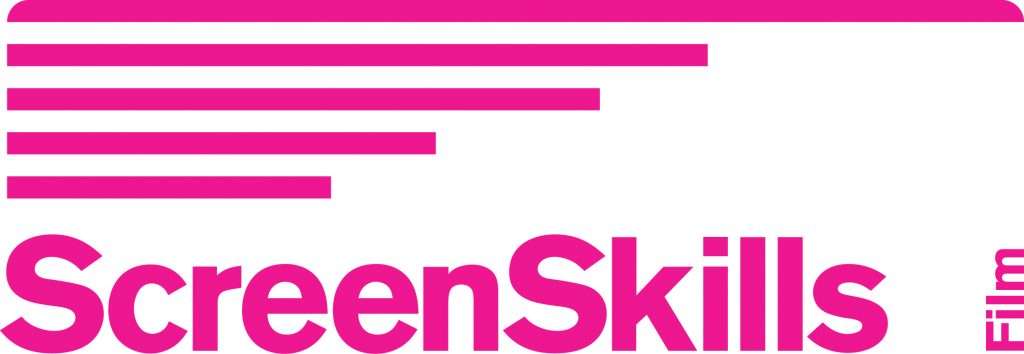
We are delighted to be working with ScreenSkills Film CPD fund on this fully funded programme.
The 4-day online course offers participants a practical step-by-step guide to the impact of managing a production using physical celluloid on budgeting, scheduling and postproduction. It will offer practical advice and guidance on the impact of film production on budgets, production schedules and postproduction management.
The course is fully supported by the ScreenSkills Film Skills Fund with contributions from UK film productions and is run by The Pipeline, hosted by creative director Christine Pyke and delivered by cinematographers, Laura Hilliard and Steve Wyatt.
Who it’s for
This course is for production coordinators, production managers and line producers keen to understand the nuances of the film production pipeline to enhance employment prospects in this growing sector. It is designed for professionals who have existing experience within the production office managing UK-based productions.
The 4-day online training programme takes participants across the full film production process outlining technical and creative implications on costings across each stage.
Participants will be expected to have experience of working within a production office and have an understanding managing pre, production and postproduction processes.
We are keen to hear from under-represented groups across the UK including those from Black, Asian and minority ethnic backgrounds; people with a disability (physical and neurodivergent); people from the LGBTQ+ community and those from lower socio-economic backgrounds. We offer inclusive training and will support any needs individuals may have. Email us in confidence to hello-pipelinemedia@salford.ac.uk so we can discuss individual needs and how we may accommodate them.
What it covers
The 4-day course, over two consecutive weekends, will be delivered online with a host and two expert professionals with many years’ experience working with celluloid film as cinematographers, filmmakers and producers.
The training programme will be delivered in bite-sized sessions across the film production workflow to help the participants understand each stage and the implications on budgets and logistics. The course will include topics include gaining the trust of film labs, understanding their needs and timescales, negotiating deals on purchasing and hiring film stock & equipment and processing, storing film stock, accessing it and the transportation of material for processing. It looks in detail at the amount of paperwork needed at each stage with tangible examples, when and who to talk to early in the process to pre-empt issues further along the pipeline and what information a post facility needs to get a film production successfully to delivery. The overarching aim is to support the cohort who are already experienced within their own genres to be confident to ask the right questions throughout a celluloid film production project to bring be able to bring it in on time and within budget.
The course will be hosted by the Pipeline creative director with cinematographers Laura Hilliard and Steven Wyatt.
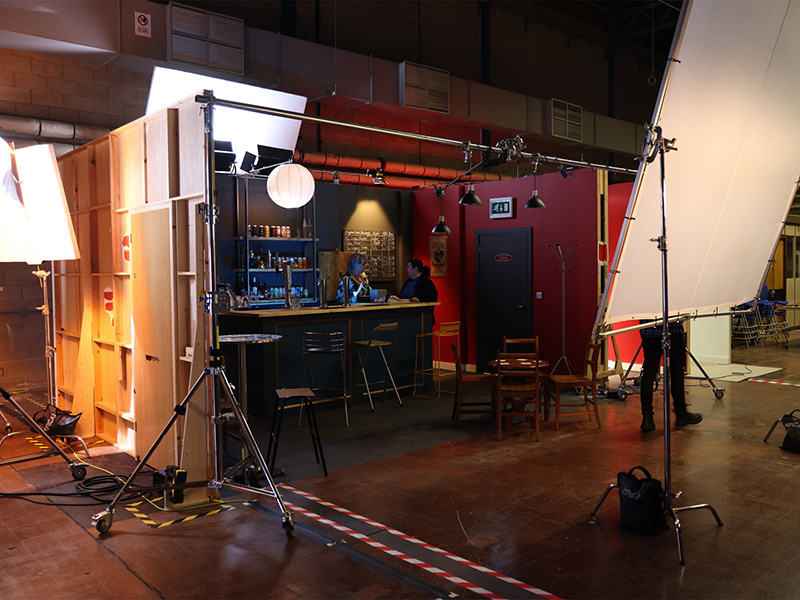
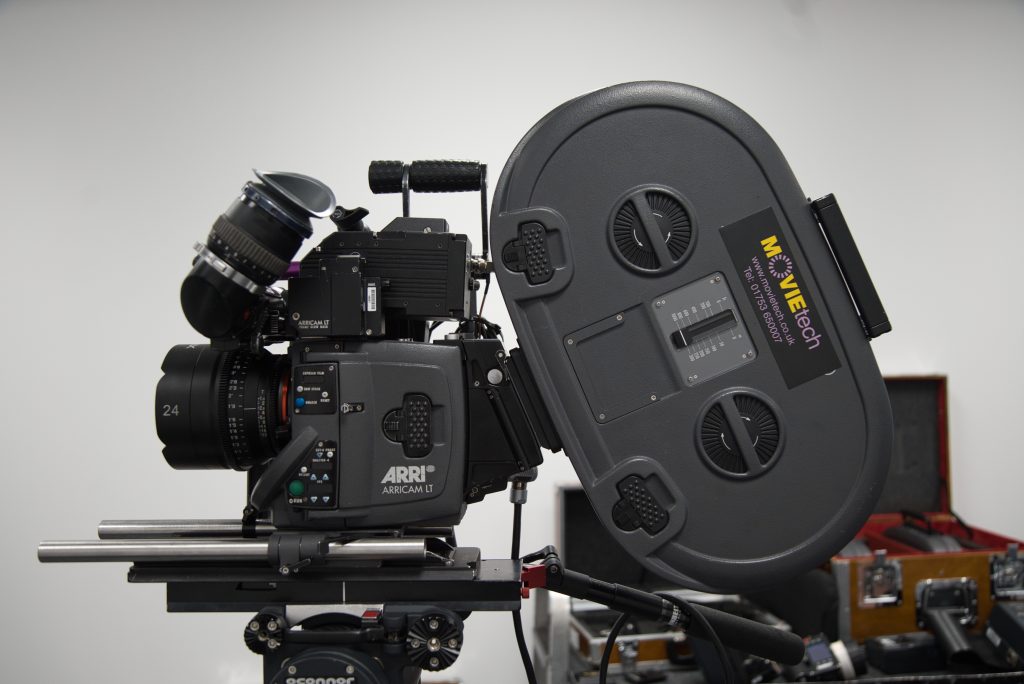
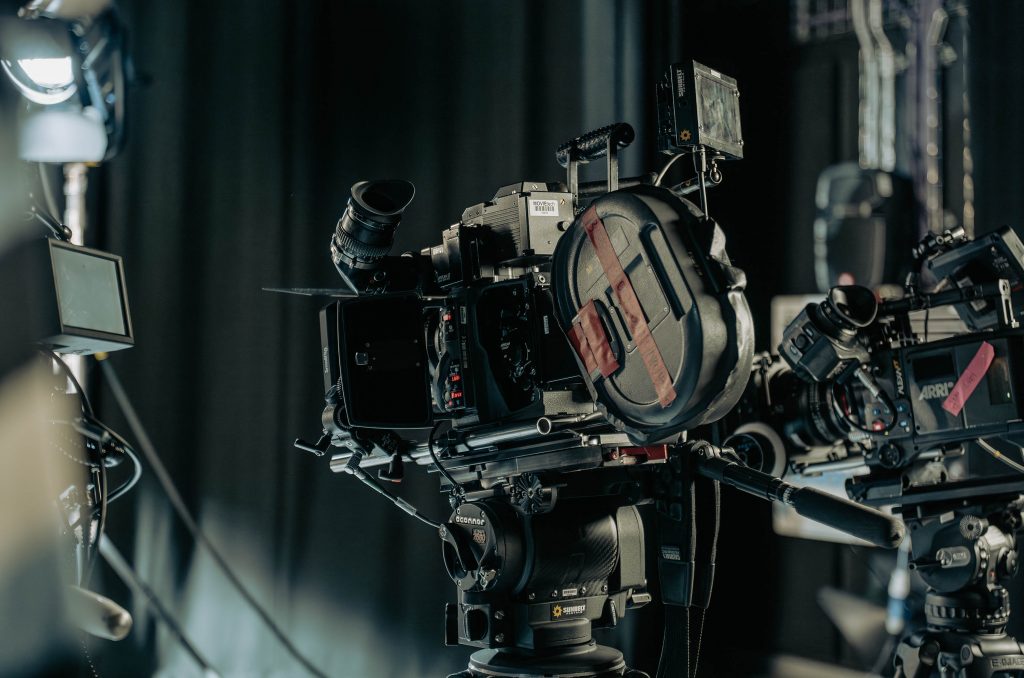
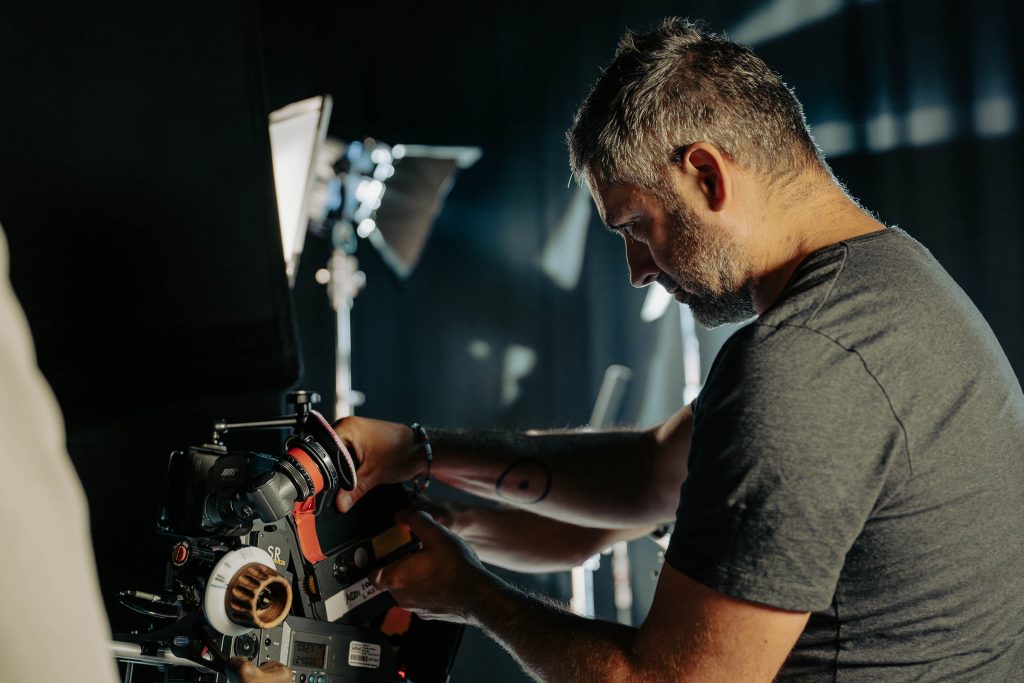
Course Host
Christine Pyke

Christine has over 25 years’ experience as a TV Producer running two award winning independent production companies providing unscripted series and one-off programmes for BBC, ITV, and Channel 4. She has been training media professionals for 15 years for BBC, BECTU, ScreenSkills and other screen industry related organisations. Coupled with her expertise in these areas she has also been an associate lecturer for 22 years teaching under and post graduate students in media production, postproduction, and visual effects.
Course Tutors
Laura Hilliard

Laura Hilliard is a cinematographer based in Manchester, UK. She completed her BFA with honors in Film and Television from NYU Tisch School of the Arts. Laura was a finalist for the 2017 Undergraduate Volker Bahnemann Arriflex Award and the recipient of the 2017 Bahoric Meisel Award for Women Cinematographers.
She has worked thousands of hours as a cinematographer, camera assistant, gaffer, and grip, on professional film shoots including independent feature films, award winning short films, music videos, and commercials. She has worked on shoots with and for collaborators and clients such as Joan Baez, SNL, VICE, Snapchat, TED X, Oslo Freedom Forum, Glamour, Teen Vogue, Milk Makeup, The American Museum of Natural History, Steinway Piano Factory, Gatorade, Nike, Lego, Playtex, Samsung, Extinction Rebellion, the Manhattan Men’s College Basketball Team, KYRA TV, and Elite Daily Magazine.
Laura has taught as a professor of Undergraduate Cinematography at the Maurice Kanbar Institute of Film and Television, NYU Tisch School of the Arts and currently teaches 16mm cinematography at the University of Salford in Media City UK. She is an Arri Accredited film Instructor and holds a PGCAP.
Steven Wyatt

Steven Wyatt is an Award Winning Cinematographer & Owner Operator with 10+ years experience, based between London & Manchester and is an Arri Certified Instructor. Originally from Hong Kong, Steven moved to the UK to train at Northern Film School gaining an BA & MA in Film Production.
He specialised in Cinematography, where he trained exclusively and traditionally on motion picture film, and through his placement at Shepperton Studios in 2008. Steven has gone on to shoot films for screen agencies such as the UK Film Council & Northwest Vision & Media.
An early adopter of Digital Cinema, he shot his first project ‘Top of the Range’ featuring Joe Gilgun (This is England, Misfits & Preacher) on the Red Camera in 4K and did the same for his debut feature film ‘Ada’ shot on location in Albania in 2011.
Steven has since worked for numerous production companies shooting commercial and digital content and as of 2017 shot 10 funded short films as part of the ‘Cinage film programme’. His most recent project includes contributing as Cinematographer to ‘The Reckoning of Erin Morrigan’, with Alumni National Film School Director Gabrielle Russell. Recently Wrapping production in the Republic of Ireland this March. Steven, continues to divide his time between lecturing in film making and cinematography at the University of Salford and working on freelancing projects nationwide.
Course dates
26th & 27th October:
- Day One: online introduction to the course and bite-sized sessions throughout the day introducing the participants to the celluloid film production pipeline working through each stage from inception to delivery and the practical and technical needs to be considered at each stage of the workflow. The participants will cover the headlines, considerations and actions needed to undertake for this stage. This first day act as a tangible guide to take through the whole of the production pipeline and workflows to give an overview to work through in detail in the following days.
- Day Two: using a real production case study participants will work through the budgeting and scheduling needs of the production – considering crew needs and roles including clapper loaders – to handle film and monitor consumption on set within the production process including the kit needed for different types of production, conversions and cost implications on common shooting formats currently used in film and TV production (Super 16mm 3 perf or 4 perf 35mm film) timescales for hiring, setting up, filming implications including camera testing during preproduction, scratch testing of all camera magazines to mitigate camera error and damage to rushes (insurance requirement), production choices of different film cameras for different situations high speed for slow motion or lightweight cameras for steadi-cam), processing and delivery.
2nd & 3rd November:
- Day Three: working with the film labs and the processing procedure from beginning to end identifying the technical and creative needs of the cinematographer for the lab and production office. Understanding film developmental processes (for example pushing and pulling film in the lab to increase or decrease the images brightness), and the paperwork needed at each stage of the process including obtaining negative report sheets from camera department to troubleshoot any technical errors, the impact on post-production and who and what are involved in the process before final delivery.
- Day Four: exercise in budgeting and scheduling a celluloid film production using case studies to support participant learning. Small group work and full group discussions. Detailed feedback on budgeting exercise and final troubleshooting and evaluation of the course.
Deadline: 14th October 2024
Price: Free
Age: 18+
Location: Online
